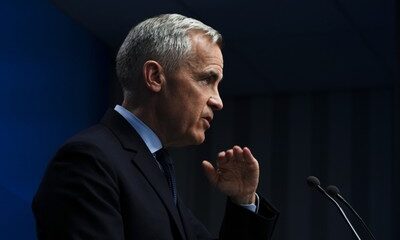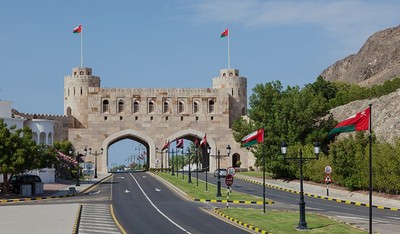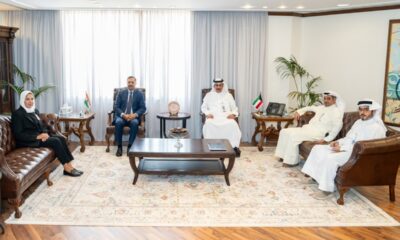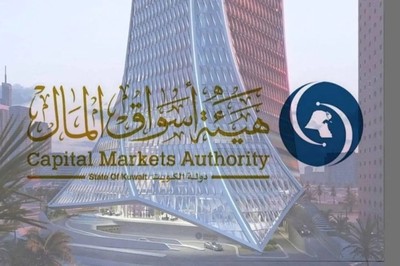Kuwait enhances Stock Exchange access for emerging firms with amendments to listing rules.
KUWAIT CITY, July 1: Kuwait’s Capital Markets Authority (CMA) has officially launched a new regulatory environment to support the listing and trading of emerging companies on the Kuwait Stock Exchange (KSE), in cooperation with Boursa Kuwait. The initiative includes the creation of a dedicated platform for these companies, alongside key amendments to existing listing rules.
In a statement released on Tuesday, the CMA confirmed that the move is part of broader efforts to adopt international best practices, promote capital market development, diversify investment tools, and enhance both market competitiveness and transparency — all aimed at bolstering investor protection.
The approved amendments focus on strengthening listing standards by requiring companies to maintain certain conditions, including minimum thresholds for free float shares and their market value. These measures are designed to improve liquidity and ensure sustained compliance with regulatory obligations.
The Authority emphasized that supporting emerging companies is crucial to driving economic growth and aligns with Kuwait’s broader strategic vision. The newly launched market will offer an attractive financing environment for smaller and growing enterprises while providing investors with fresh opportunities governed by high transparency standards.
The regulatory framework is the result of a comprehensive study conducted by the CMA, which formed the basis for drafting specific rules to govern the emerging companies market. The platform is intended to serve as both a support system for these businesses and a dynamic investment space in line with global benchmarks.
The CMA also underscored the importance of continuously evolving the rules that govern listing conditions. This includes safeguarding investor interests by removing companies that fail to meet their obligations and ensuring adequate liquidity by enforcing minimum requirements for free float shares in both the primary and secondary market segments.
Additionally, the Authority reaffirmed its commitment to enhancing executive regulations that protect investors and empower small shareholders to actively participate in corporate decision-making processes.
This latest move is seen as a significant step toward further modernizing Kuwait’s financial sector and creating a more inclusive and diversified capital market landscape.

 Business20 hours ago
Business20 hours ago
 Latest News20 hours ago
Latest News20 hours ago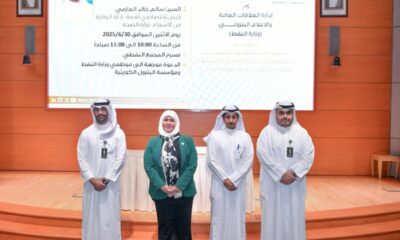
 Latest News15 hours ago
Latest News15 hours ago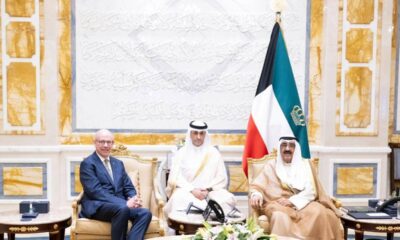
 Latest News24 hours ago
Latest News24 hours ago
 Business22 hours ago
Business22 hours ago
 Latest News22 hours ago
Latest News22 hours ago
 Latest News17 hours ago
Latest News17 hours ago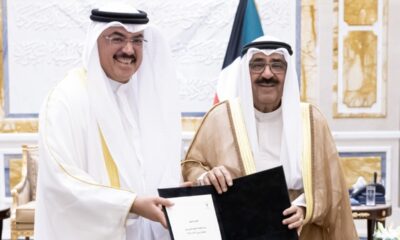
 Latest News18 hours ago
Latest News18 hours ago



